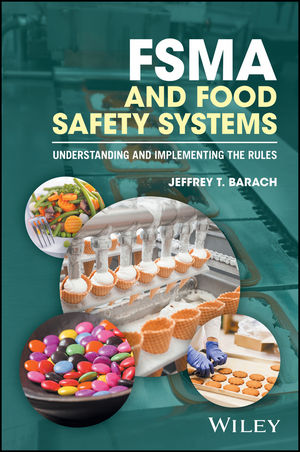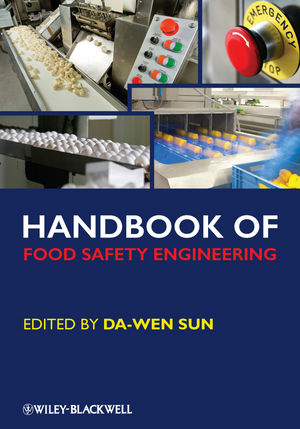Take Heed: Implementation of FSMA Picks up Steam

After substantial delay, it appears that the U.S. Food and Drug Administration (FDA) is working toward more complete implementation of the Food Safety Modernization Act (FSMA). In January 2013, FDA released two long overdue draft regulations required by FSMA:
• Current Good Manufacturing Practice and Hazard Analysis and Risk-Based Preventive Controls for Human Food
• Standards for Growing, Harvesting, Packing and Holding of Produce for Human Consumption
Those rules embody a significant portion of the framework by which FDA intends to transform its focus to preventing, rather than reacting to, foodborne illnesses by closing gaps in food production and manufacturing practices that are thought to be a cause of food-related illness.
Those proposed rules may significantly impact your business. Therefore, food manufacturers, processors and producers take heed. You should review, analyze and assess how those rules will impact your business and, if appropriate, comment on the proposed rules.
To that end, given the import of the proposed rules, FDA held public meetings in Washington DC and will hold future public meetings in Chicago (March 11 and March 12) and Portland (March 27 and March 28) for the purpose of soliciting comments and answering questions, regarding the proposed rules. In the alternative, parties may submit written comments on the proposed rules up to May 16, 2013. Information on the proposed rules, the public meetings and the process by which to submit written comments can be found on FDA’s website.
Whether FDA will meaningfully consider your comments, however, is anybody’s guess. In 2011, FDA sought comments on a proposed rule that encompasses criteria by which the FDA may detain potentially unsafe food so that it does not reach the marketplace. Members of the food industry submitted comments seeking to have FDA limit the scope of its detention authority and clarify when FDA could invoke that authority. FDA considered those comments, but, in this case, it declined to alter the rule in any fashion in response thereto. Nevertheless, FDA’s actions with respect to the detention rule should not deter food companies from exercising their right to comment and provide the FDA notice of concerns regarding proposed rules. Even if FDA does not alter its rules, it must justify in writing why it chooses to forgo alteration of a rule in response to your comments.
On February 5, 2013, the final rule titled “Criteria Used to Order Administrative Detention of Food for Human or Animal Consumption” took effect. If it has reason to believe that your food is adulterated or misbranded, FDA can administratively detain that food from entering the marketplace for up to 30 days. During that detention period, FDA can determine whether to take more permanent enforcement action, such as a seizure of the food.
Prior to promulgation of the new detention rule, the FDA could detain food only when the FDA had credible evidence that indicated that the food presented a serious adverse health consequence or death to humans or animals. The new “reason to believe” standard sets a lesser bar for administrative detention; it provides FDA with more flexibility. In response to food industry concern that the rule would provide FDA with unconstrained authority to detain food, FDA notes that it will evaluate the individual facts of each particular situation to arrive at a decision of whether it has reason to believe that a food is adulterated or misbranded.
Each member of the food industry should study the new rule. Even if your company is not likely to be directly subject to an FDA administrative inquiry and detention because of where your company sits in the food supply chain, there is a good possibility that a supply partner might be subject to such review. Your company thus should evaluate its own risks as well as those its supply partners present. And, of course, where pertinent, companies should, without delay, prepare a plan for how they would respond to an FDA administrative inquiry and detention.
The new rule sets forth the procedure for administrative detention and the process by which a company can challenge FDA’s determination that it has reason to believe that food is adulterated or misbranded. The appeal period is short and failure to timely appeal may result in a waiver of the right to challenge the detention ruling.
In other words, for the unprepared who fail to take heed, the new regulation on administrative detention, as with other FSMA-required regulations, could significantly impact your business.
John T. Shapiro and Jason R. Klinowski are attorneys and members of the Food Industry Team at Freeborn & Peters LLP (Chicago).
Looking for a reprint of this article?
From high-res PDFs to custom plaques, order your copy today!








